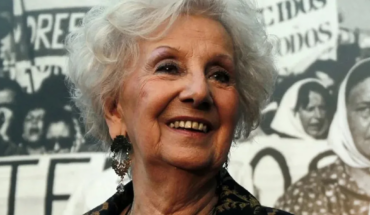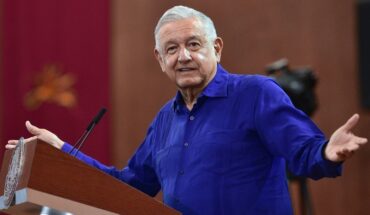“Nothing is written in stone,” says the vice president of the Constitutional Convention (CC), Gaspar Domínguez, about the deadlines of the drafting body of the new Magna Carta of the country, considering that next Monday, April 4, the ordinary period of operation of the instance ends and especially because an extension has been requested transversally. In his opinion, the point is valid, but emphasizes that every effort must be made to meet the promised date.
“I do not pretend to be the only one, but I say outside the Convention the same as I express within it: it is not presentable to ask for an extension of the deadline we have for our work if we have lost many hours in inconductive debates,” said previously the conventional Agustín Squella, through a public statement.
Dominguez, representative of District 26, points out that “by the way, the deadline for delivery of the convention is a point that could be discussed by someone, but the president and I, together with the board of directors, have considered that we have to make every effort to meet the deadlines that are already established.”
“And if someone wants to give that discussion, good that they do it in the right place that is the Parliament,” added the member of the CC and doctor by profession, in conversation with Channel 13.
The conventional Dominguez said that “on Tuesday, February 1, the deadline to enter standard initiatives closes,” so from that date the votes will be held. “February 15 will be the first plenary session where we will vote on the rules,” he said.
On the regulations discussed so far, such as the elimination of the Senate, the conventional constituent assured that “there has been some overreaction for not knowing the flows of the norms in the convention.” “Maybe I’m going to vote against a lot of health rules, but that doesn’t mean I’m against the right to health,” Dominguez explained.
He also referred to the debate on the length of office of judges. “It is legitimate for them to give their opinion (Supreme Court), but it is reasonable to consider that the decision is autonomous from the constituent body,” he said.
Last April, the harmonization process will begin, that is, once all the approved standards will be worked on transforming them into a harmonious text. And it is expected that in July there will be a provisional full text of what will be the new Constitution in Chile that will replace the one inherited by the Dictatorship (1973-1990).
“The process has been difficult and complex and it is becoming more complex, we will discuss the underlying issues,” concluded Gaspar Domínguez.
On Friday, a meeting was held between representatives of the Government and the board of directors of the Constitutional Convention, led by the conventional María Elisa Quinteros, and its vice president, Gaspar Domínguez.
On behalf of the Government, the Minister Secretary General of the Presidency, Juan José Ossa, the Minister of Education, Raúl Figueroa and the Deputy Minister of Social Development, Andrea Balladares, attended to establish a joint work between these organizations, in order to strengthen the process of the Indigenous Consultation.
The president of the Constitutional Convention, María Elisa Quinteros, thanked the support of the respective portfolios.
In fact, he stated that “we are working at full speed to meet the deadlines established by the Technical Secretariat for Indigenous Participation and Consultation.”
This secretariat is “responsible for designing, executing and carrying out participation and consultation, complying with the recommendations given to it by the Commission on the Rights of Indigenous Peoples and Plurinationality.”





